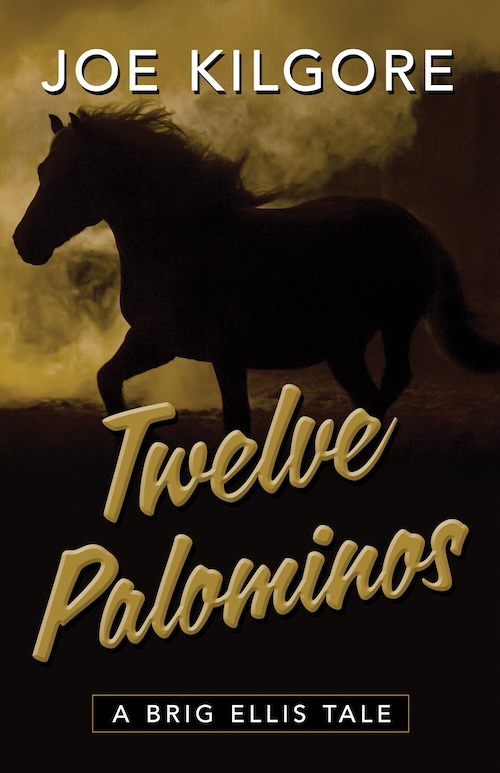On The Brink Of History
Friday, May 21st, 2010Intrigue. To arouse the curiosity or interest by unusual, new, or otherwise fascinating or compelling qualities. Intrigue is the mother’s milk of all good spy novels. It is something always sought by the authors of same, but not always found. Luckily for you, it is easy to find in the subject of this post.
Consider this. Something grand and awful is coming. You not only know exactly what it is, you know precisely how it will turn out. If you are of a certain age, you will have been inundated with fact and fiction about it all your life. Yet still, you are swept up in the lives of those who will be forever altered by it. Such is the allure of history fictionalized. Such is the power of a gifted author at the top of his game. Such is the intriguing nature of The Spies Of Warsaw.
It’s 1937. The Nazi Party has begun its assault on German Jews and is not bothering to hide its vision of European domination. In Warsaw, Poland, life goes on with a surface calm. But beneath that surface, behind the familiar commerce of everyday life, clandestine meetings are being planned, commitments are being compromised, treachery is afoot. A middle-aged businessman from Breslau meets his mistress in the afternoon and his control agent in the evening. An elderly Russian couple charm party-goers as they smile and nod and look for a way to avoid the secret police. Newspaper gossip columnists sell information for money and status. Embassy balls and dinners are filled with seemingly idle chatter that cloaks entreaties, agreements, or perhaps invitations to disaster.
In the middle of it all, Jean-Francois Mercier, a forty-six year old widower and French Military Attache, weaves his way among the aristocracy, high-ranking government personnel, artists and writers and hangers-on. He too is on the hunt. Not just for spies, but for information. War plans, armament specifications, defense preparations–these are the pieces of paper that can be turned into coin of the realm. Mercier, and his superiors back in Paris, know full well that once Hitler starts, he won’t hesitate to turn France into a conquest. But how will he come, and where, and when? These are secrets that lives are risked to uncover.
The author, Alan Furst, writes as the realists paint. He shadows his characters with ambiguities. He masks his brush strokes with dialogue authentic as pain. He foregoes explanation for representation. The reader, like the viewer, is drawn to the portrait and envious of the painter. Writers like Furst, ignite the black and white of the 1930’s and 40’s we can never erase from our memory. He recreates a world that knew evil was on the horizon, along with inhabitants of that world who either chose to ignore or engage it.
If you enjoy going back in time, if you agree that people can be against their government and still be for their country, if you love atmosphere and pace and a story well told, then you, like The Fiction Fortune Hunter will be intrigued with Alan Furst’s The Spies Of Warsaw.
